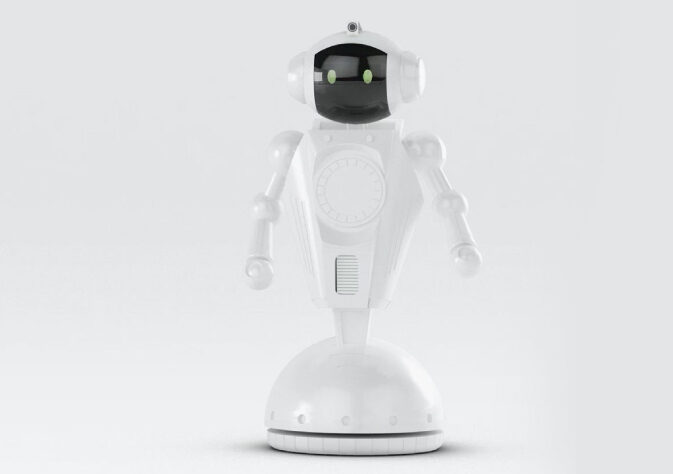What Is The Role Of RPA In Dental Care?
The rise of robotic process automation (RPA) has enabled various industries to automate operations. With its latest foray into the healthcare industry, the technology brings exceptional improvements in operational efficiencies. Using robotics to automate processes saves not only time but also increases accuracy.
Artificial intelligence and robotic process automation combine to create intelligent automation. The result has seen some impressive results in the health care sector. Gartner predicts that 50 per cent of global healthcare providers will invest in robotic process automation over the next three years. RPA is here to stay.
A top dental clinic in Gowrivakkam echoes the same sentiment. Top dentists there feel that the role played by RPAs in revolutionising the dental industry in the last couple of years has been extremely significant. Several tasks in the dental industry have been automated, thanks to RPAs. In this article, dentists will share their insights on how RPA will become the mainstay of dental treatment in the future. Learn more here.
Understanding Robotic Process Automation (RPA)
Robotic process automation (RPA) is a technology that automates back-office tasks by using APIs and UIs to mimic human actions. The technology increases efficiency by automating time-consuming, error-prone tasks, which improves data and reporting accuracy and allows for faster decision-making. To put it short, robotic process automation (RPA) can improve efficiency, lower costs, and improve the patient experience while increasing patient satisfaction. The following section will take you through a few key benefits of RPA in healthcare.
Benefits of RPA in healthcare
Robotic process automation (RPA) in healthcare include:
- Collecting data inputs from various sources and converting them to structured data using bots.
- Digitising documents, scheduling patient appointments, and making changes, cancelling, or updating patent appointments. RPA helps you to reduce the amount of physical paper you have to deal with.
- Automating robotic processes to automate communications in healthcare. Robotic process automation (RPA) and bots can automate repetitive customer service and remote care activities.
- Reducing costs, improving process efficiency, and improving the patient experience
- Submitting and following up on requests for prior authorization for procedures.

How RPA Can Transform Dental Clinics For The Better?
RPA, or Robotic Process Automation, provides dental clinics with the tools and resources they need to succeed in a fast-paced environment. It is a complex software system that automates repetitive tasks, allowing staff members to complete tasks that require a human approach. Here are a few key tasks automated by RPA in dental clinics:
- RPA automatically organizes paperwork and keeps patient records on file. The system also makes it easier to access patient records for both dental professionals and patients.
- RPA software can handle complicated schedules and send patients appointment reminders via text or email.
- RPA can be used to remind patients to follow their medical instructions.
- RPA bots can encourage patients to provide feedback by providing links and digital forms.
In other words, RPA bots can automate repetitive tasks and eliminate human error, allowing employees to focus on tasks that are better suited to humans.
It is now possible to integrate the RPA system into the existing software of the dental clinics. The following is a brief insight into how the best dentist in Gowrivakkam integrates RPA into their existing system.
Dentalrpa Integration Processes Explained
RPA allows you to automate your practice’s workflow by integrating with your third-party software and making the whole system easy to use. DentalRPA is a popular platform that allows you to integrate your existing software with the RPA platform. It allows you to streamline and automate platform and workflow communications between your PMS and software vendor partners. However, when implementing a new platform, it is important to ensure that it will integrate with other programs already in use in the office.
This platform can automate repetitive tasks, saving you time, energy, and money. It can easily connect with third-party applications, such as Quickbooks, Zoom, and Outlook 365, removing the need for manual intervention.
Build Your RPA To Customise Your Dental Practice’s Entire Operation
You can use business process automation software to automate your dental billing workflow, and you can customise the operation to meet your specific needs. You can also build your own robotic assistants, and we can provide pre-built robots, templates, connectors, and workflows for the most common dental office tasks.
RPA allows you to save time, energy, and money by automating repetitive manual tasks.
Robotic process automation (RPA) allows you to customise your dental practice or dental service organisation to meet your specific requirements while still reaping the benefits of automation.

